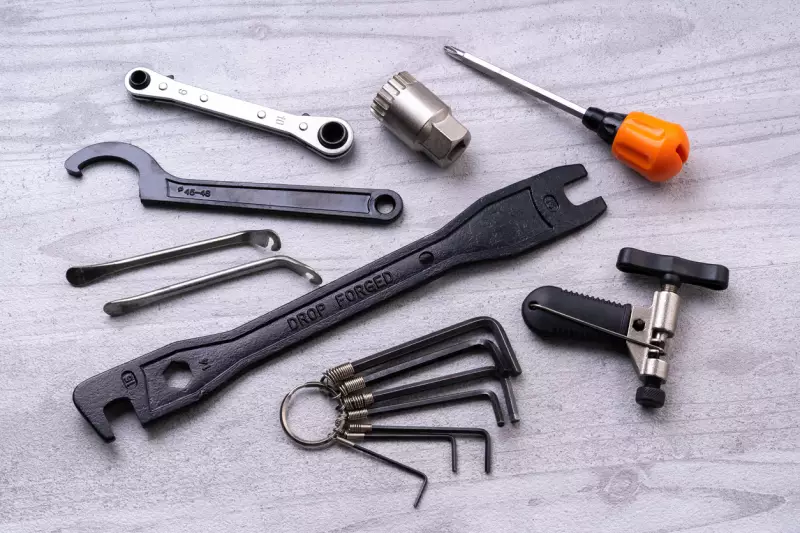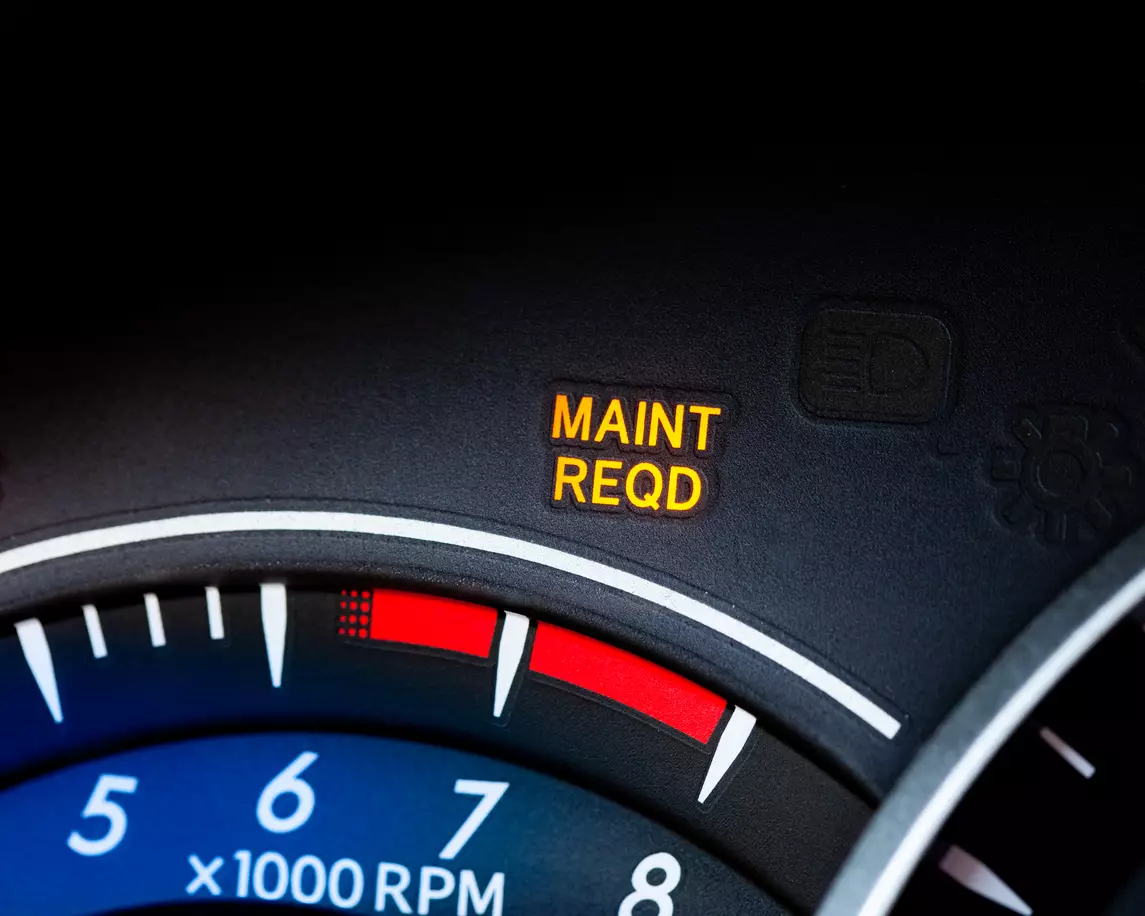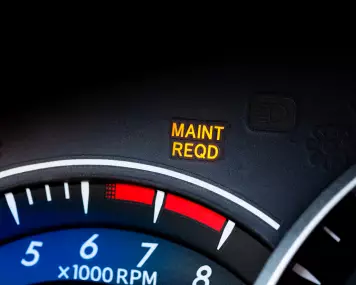Remember the days when spare tires were tucked away in the trunk, providing a go-to solution for unexpected flat tire changes? Well, those days may be fading fast. Today, a stroll into modern car showrooms reveals automakers are omitting spare tires from their designs - a change that leaves drivers frustrated and unprepared for what to do should they face a flat tire situation on the road.
While this new trend may be surprising and inconvenient for most drivers, it brings significant changes to car designs, emphasizing efficiency, technological advancements, and cost savings. Therefore, it is important to understand the reason behind this shift and what it means for the future of roadside car tire changes.
Do New Cars Come with Spare Tires?
Today, newer car models are missing a spare tire. Many car manufacturers no longer include spare tires as standard equipment for cars. Generally, cars without spare tires are equipped with alternatives like tire repair kits or run-flat tires. The repair kits include a sealant and a small air compressor used to temporarily patch minor tire punches. Some luxurious cars are equipped with run-flat tires as an alternative to spare tires, allowing motorists to drive for limited distances at reduced speed after a puncture.
In 2015, about 36% of new cars did not have spare tires. Today, an estimated 60% of newer cars do not come with spare tires. Luxury cars such as BMW 3 Series, Mercedes Benz C-Class, and Audi A4 do not typically have spare tires. Electric cars, such as the Tesla Model 3 and Chevrolet Bolt, do not have spare tires. Also, Sports cars like the Ford Mustang, are missing spare tires.
Likewise, newer models of everyday cars such as Acura, Dodge, Ford, GMC, Honda, Jeep, Land Rover, Mazda, Nissan, Toyota, and Volvo do not come with spare tires. These cars are generally equipped with sealant kits, run-flat tires, or inflators, depending on the car and year of manufacture.
Reasons Why Cars No Longer Have a Spare Tire
This shift is not random. It shows how manufacturers aim to balance what is practical with cost and efficiency. The following are the reasons why most auto manufacturers are ditching spare tires:
Reducing Weight for Fuel Efficiency
A major factor behind the no spare tires in new cars trend is largely due to car manufacturers phasing out spare tires to reduce the car’s weight. By eliminating the spare tires, alongside its tools, cars shed up to 50 pounds of weight. Although it may not appear significant, reducing the overall weight of a car complies with industry goals, making a difference in enhancing fuel efficiency. Generally, vehicles with less weight require less energy to move, leading to improved gas mileage and reduced emissions.
Cost-Cutting Measures
Another reason for excluding spare tires in modern cars is to reduce costs. Spare tires, wrenches, jacks, and other tools associated with tire change typically add weight and cost and make car production complex. By eliminating them, car manufacturers reduce production costs while making the car assembly process simpler. The savings are passed down to consumers, keeping car prices competitive.
Optimizing Space
Car designs are evolving, and car manufacturers are focused on maximizing interior and trunk space. Unfortunately, spare tires became one of the casualties of space optimization. New cars without spare tires offer more cargo space. By eliminating spare tires in new cars, manufacturers free up space for additional storage compartments, offering roomy cargo and spacious underfloor storage areas.
Additionally, new cars without spare tires free up space in the car, leaving room for other innovative features. For instance, hybrid and electric vehicles use the extra trunk space to house larger batteries to boost the car’s performance.
Advancements in Tire Technology

Gone are the days of pulling over to replace a flat tire with a spare using jacks and wrenches. Today's technological advancement has changed how drivers handle tire punctures. Eliminating spare tires in new cars is part of auto manufacturers' effort to innovate while promoting efficiency and reducing cost.
The rise of two technological solutions, run-flat tires and compact tire repair kits, offer more convenient and efficient solutions. These technological advancements provide a safe solution for new cars without spare tires. Unlike traditional tires, run-flat tires are designed to continue to function even after a puncture. They are built with reinforced sidewalls that allow the tire to carry the car weights for brief periods when there is little or no air pressure. With run-flat tires, motorists can drive an additional 50 miles at reduced speed after a puncture. This allows you enough time to safely reach a repair shop.
Many automobile manufacturers now include compact tire repair kits as an alternative to no spare tires in new car models. These kits typically consist of a sealant and an air compressor. Both tools are designed to patch minor punctures. Drivers may quickly inflate the tires with enough air to drive the car to a repair shop. Compact tire repair kits are significantly lighter than spare tires and cheaper to include in vehicles. They are designed with the average driver in mind, making them simple to use.
Availability of Roadside Assistance
The trend of no spare tire in new cars is driven by several factors, including auto manufacturers now offering roadside assistance packages as part of the vehicle purchase features. Generally, most auto manufacturers offer no spare tire in new car models and provide roadside assistance for the first few years of purchase or predetermined car mileage. Typically, the minimum coverage is three years or 36,000 miles. The availability of this assistance reduces the need for spare tires in new cars.
Roadside assistance companies like Agero and TTN Roadside Assistance, which operate in both the US and Canada, offer flat tire services where trained technicians patch or replace your tire. They also provide towing services to the nearest service center if the tire damage is too severe for the driver to safely move the vehicle. Additionally, roadside assistance covers battery services, including jump-starting electric and hybrid cars.




















